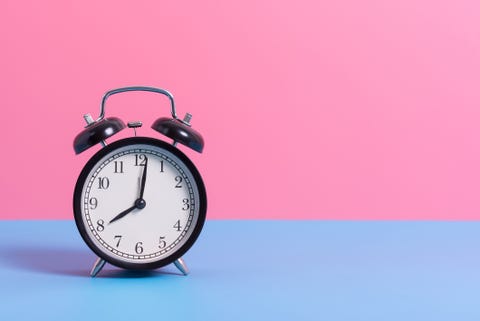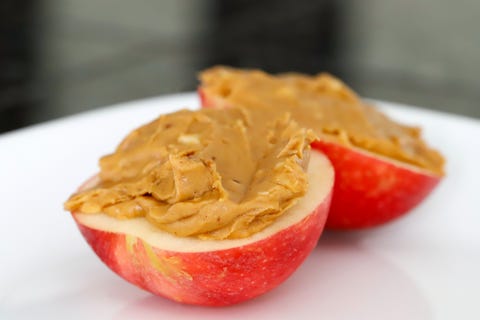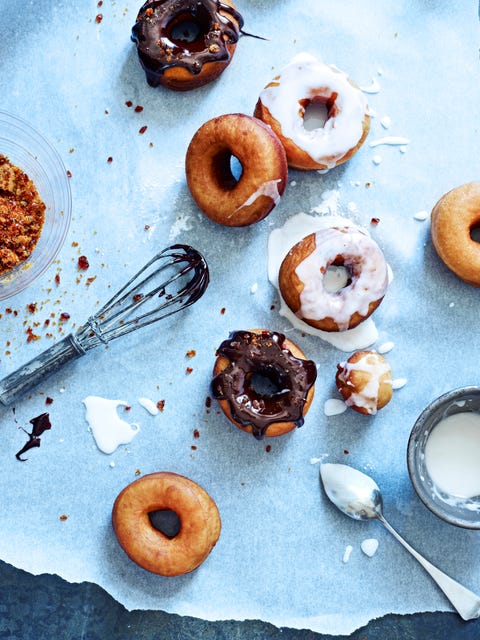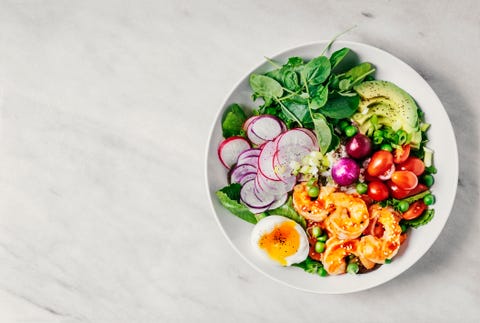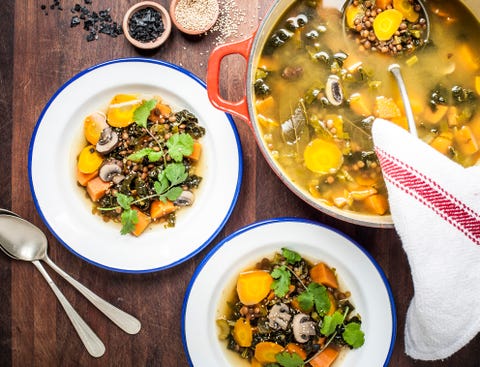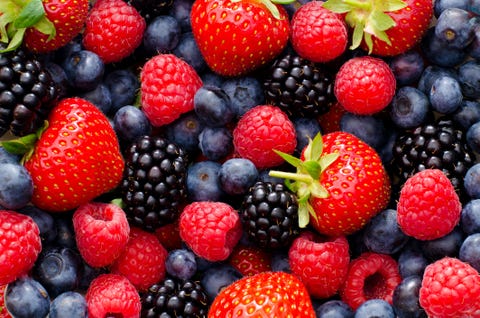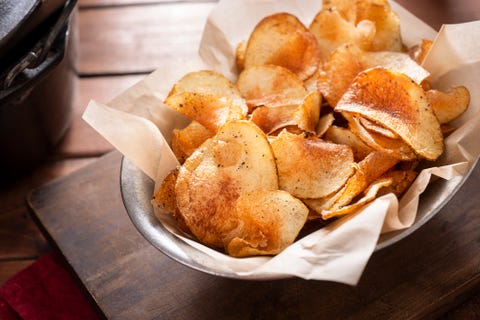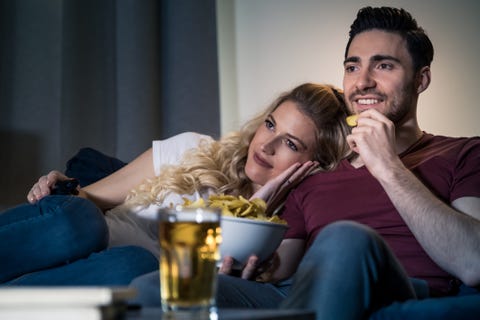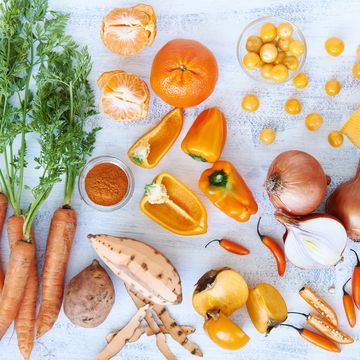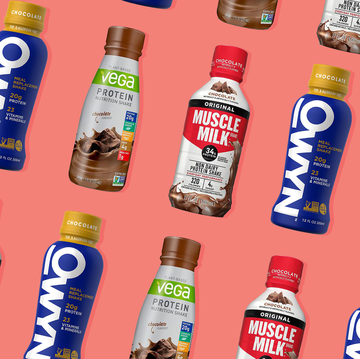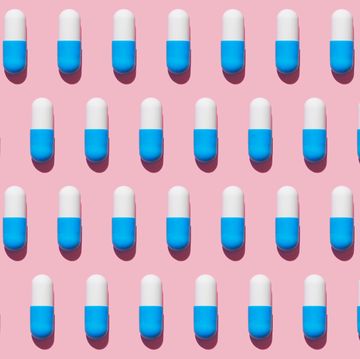How to Stop Eating at Night, According to Nutritionists
The right approach to daytime meals will help curb cravings before bed.
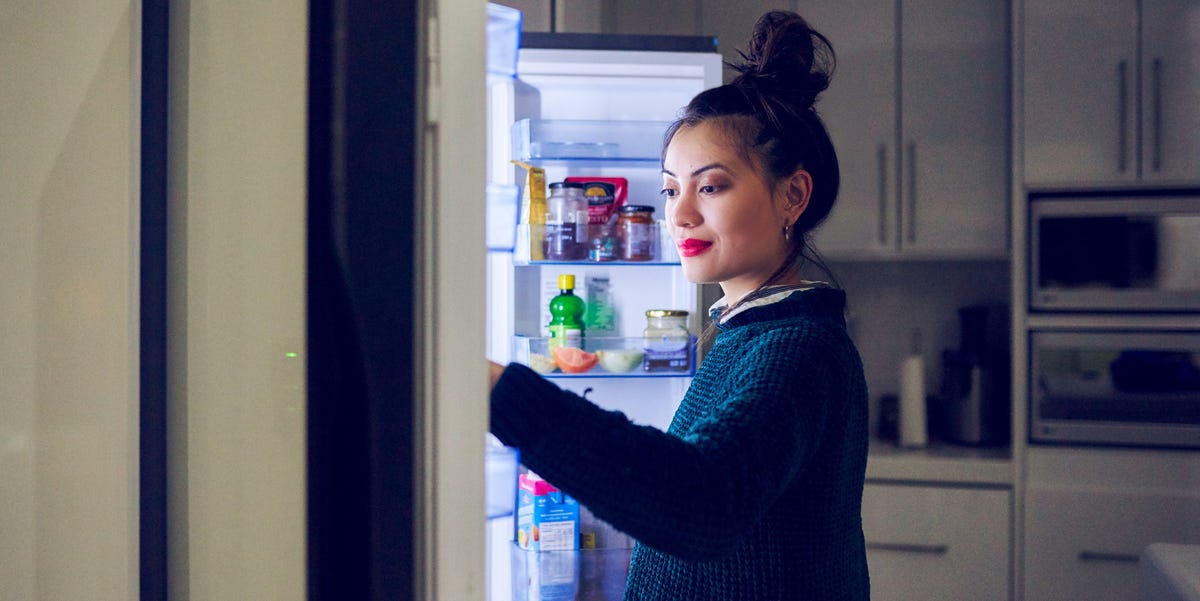
Are you a night nibbler? Does it feel like you eat healthy all day and then your hunger demons come out in the evenings? That’s fine and dandy if you’re reaching for a banana or an ounce of walnuts, but a completely different story if you have a habit of busting open a 10pm bag of chips. “The issue is not so much the time, as the quality of food,” says Joan Ifland, Ph.D., founder and CEO of Food Addiction Reset. “Unprocessed foods nourish and promote stability in terms of mood, sleep cycle, energy, and appetite while processed foods do the opposite.” A tendency to snack on unhealthy foods well into the evening can stem from a variety of reasons. To curb your nighttime binges, follow these tips.
RELATED: Sign up for Prevention Premium to get a first look at seasonal, healthy recipes from the magazine.
Kaitlyn Phoenix is a senior editor in the Hearst Health Newsroom, where she reports, writes and edits research-backed health content for Good Housekeeping, Prevention and Woman's Day. She has more than 10 years of experience talking to top medical professionals and poring over studies to figure out the science of how our bodies work. Beyond that, Kaitlyn turns what she learns into engaging and easy-to-read stories about medical conditions, nutrition, exercise, sleep and mental health. She also holds a B.S. in magazine journalism from Syracuse University.
Watch Next


Going Vegetarian Could Help Your Cholesterol

An Apple a Day Keeps Frailty at Bay, Study Shows

The 10 Best Supplements to Improve Joint Health

8 Best Electrolyte Drinks
